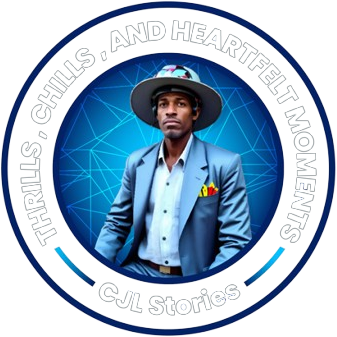FAQ

You weave Tolkien-esque fantasy with the gritty realism of Dickens, all while sprinkling in pop culture relevance. How do you pull that off, and why is it important to you?
Look, growing up in 1970s Washington Heights, NYC, you saw the world in all its raw, unfiltered glory. My momma and daddy, bless their hearts, they taught me the power of storytelling, even without those fancy diplomas. Tolkien showed me the vastness of imagination, Dickens taught me the weight of real life, and pop culture? That's the language we speak, the rhythm of our lives. I blend them because that's how my world feels—epic struggles in everyday moments, magic in the mundane, and the constant beat of our culture. It's about showing that our stories, our experiences, are just as grand and impactful as any fantasy realm.
Moonfall... It's got that sweeping, fantastical feel, but also feels so grounded. What's the behind-the-scenes process of making those worlds feel real?
It's about the details, fam. It's about the sweat on the brow, the smell of the city streets, the weight of history on our shoulders. I'm not just building worlds; I'm building neighborhoods. I'm thinking about the food they eat, the music they listen to, the slang they use. It's about injecting that lived-in, authentic feel. Because even in the most fantastical scenarios, we're still human. We still deal with love, loss, and the struggle to find our place. And those emotions? They're universal.
Your characters often feel like they're pulled straight from our lives. How much of your own experiences and community influence your writing?
Everything. Every single thing. My characters are a reflection of the people I've known, the stories I've heard, the struggles I've witnessed. They're the aunties with the sharp tongues and the hearts of gold, the hustlers with the hidden dreams, the kids with the boundless potential. I'm just giving them a platform, amplifying their voices. Because our stories deserve to be told, and they deserve to be told with truth and power.
What do you hope Black Gen Z and Black Millennial readers take away from your stories?
That our stories matter. That we are powerful, resilient, and capable of anything we set our minds to. That our history is a source of strength, not a burden. That we have the power to create our own destinies, even when the world tries to tell us otherwise. And that even in the face of impossible odds, we can find hope, find joy, and find our own damn moonfall.
What's the most challenging part of writing stories that blend such diverse elements?
Staying true. Staying true to the voices, staying true to the experiences, staying true to the message. It's easy to fall into stereotypes or to simplify complex issues. But I refuse to do that. I owe it to my readers, to my community, to myself, to tell the truth, even when it's uncomfortable. It's about honoring the complexity of our lives, the beauty and the pain, the magic and the reality.
What advice would you give to young Black writers who are trying to find their voice?
I was fortunate enough to meet and talk to my greatest influence--August Wilson and he inspired me , so write your truth. Write the stories that burn inside you, the stories that keep you up at night. Don't be afraid to break the rules, to blend genres, to experiment with your voice. Your story is unique, and it deserves to be told. And don't ever let anyone tell you that your background, your experiences, or your voice isn't valid. We need your stories. We need your perspective. We need your magic.

